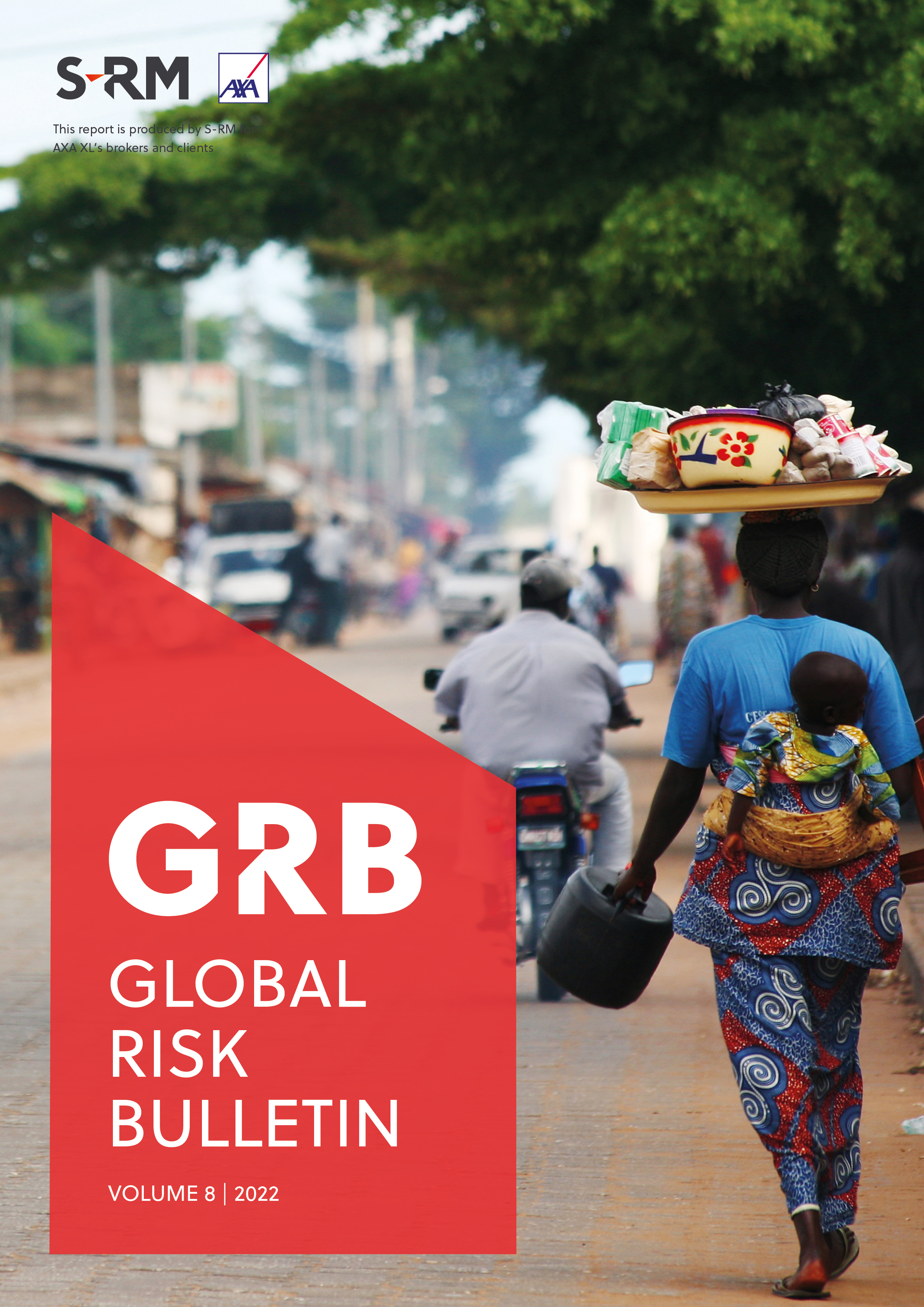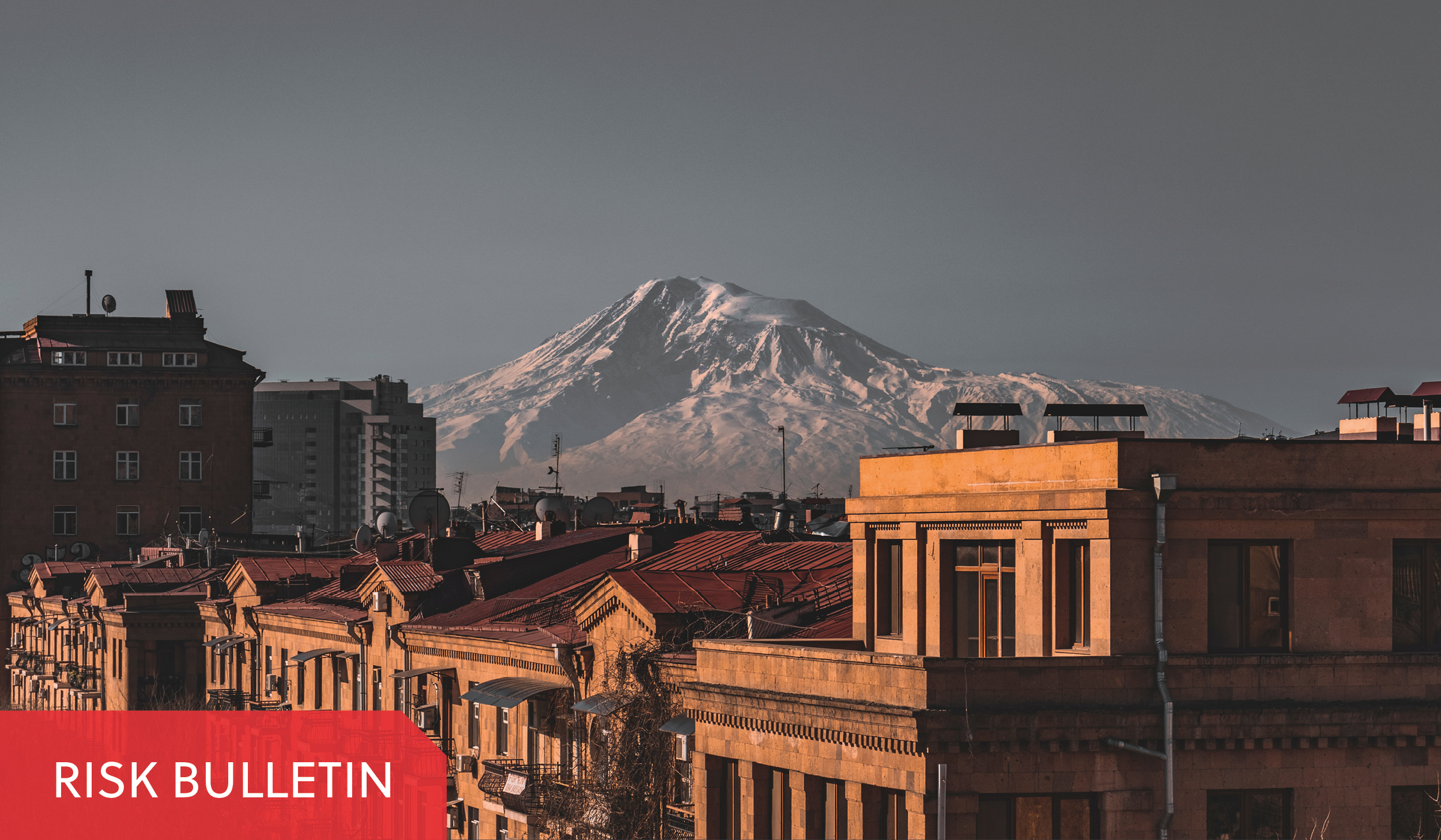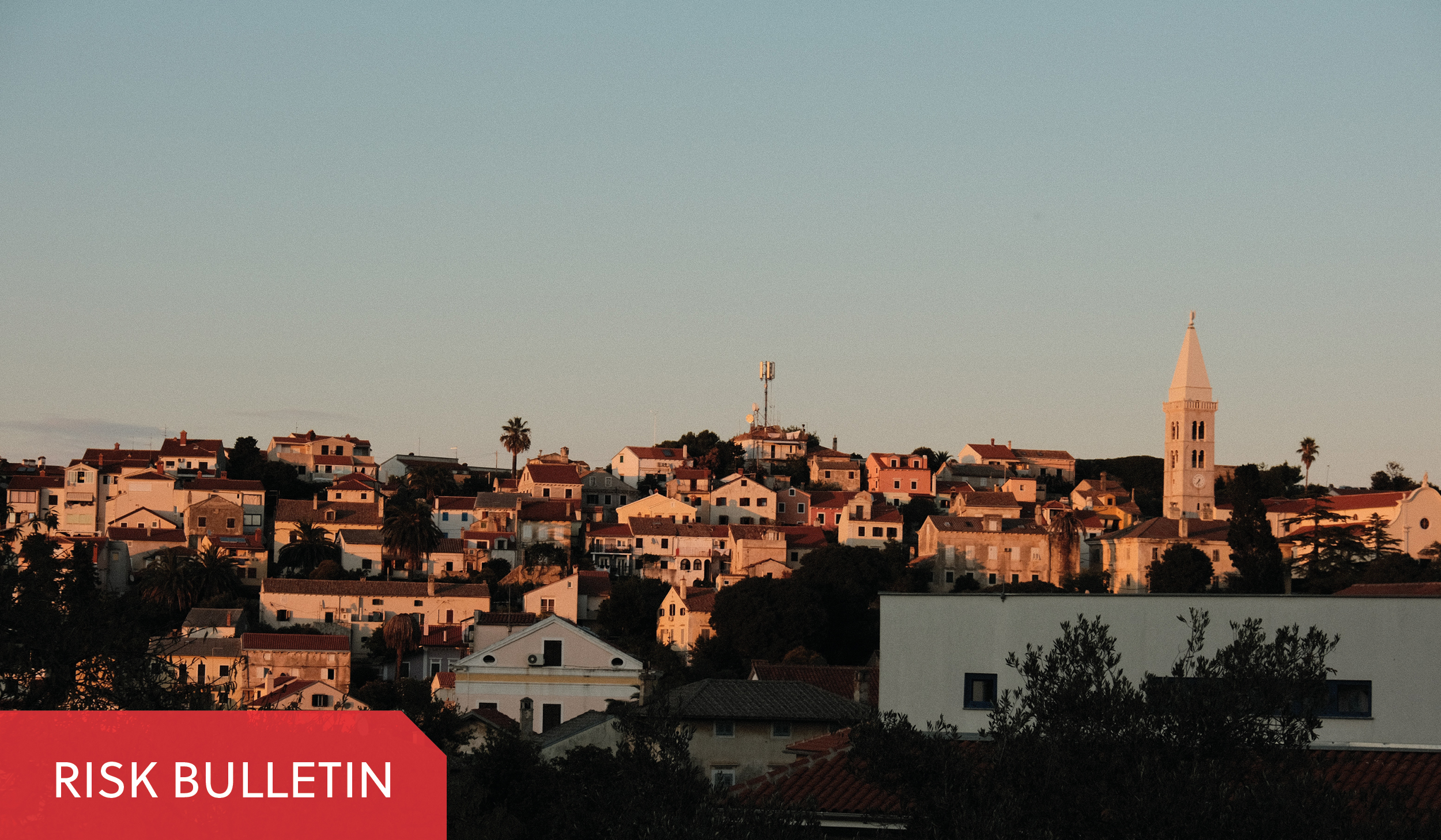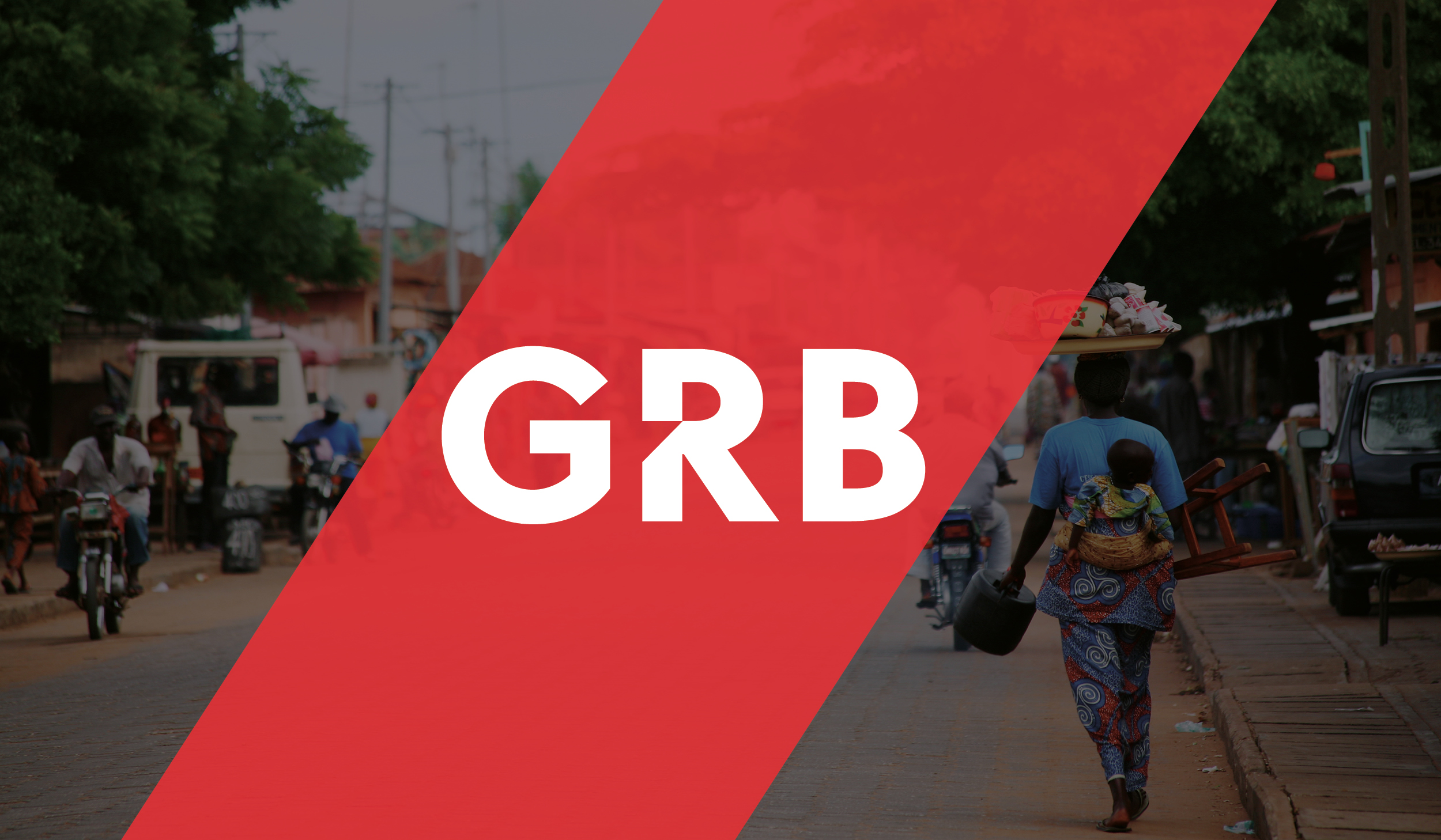Vehicle number plates may just be a bureaucratic necessity to you and me, but they could be the match that reignites old tensions between Kosovo and Serbia, writes Tamsin Hunt.
The fragile and hard-won peace in the Balkans showed signs of fracturing this July as Serbia and Kosovo traded threats of civil unrest and military escalation, all because of … number plates. Until now, authorities have allowed Kosovan Serbs to use the relatively neutral ‘KS’ for ‘Kosovo’ on vehicle number plates issued by the United Nations. From 1 September, however, Kosovo has changed the rules; Kosovo capital Pristina will now issue the plates, and the regional classification will change to ‘RKS’ for ‘Republic of Kosovo’, with a distinct implication of Kosovan independence and statehood. Moreover, Serbs entering Kosovo with Serbian identification documents will have to be issued with temporary Kosovan documents for the duration of their stay. While Kosovo argues that these measures simply match similar corresponding regulations in Serbia for Kosovan visitors, Serbia believes otherwise, having never recognised Kosovan independence in the first place. Just as Kosovo works to strengthen their sovereignty in the north, Serbia aims to undermine and destabilise it by, for example, campaigning for countries to ‘derecognise’ Kosovan independence.
Serbs living in northern Kosovo responded to the new regulations by holding protests, blocking roads with heavy trucks, and even firing live shots at police in the border towns of Brnjak and Jarinjë, forcing police to close the border crossings temporarily. While no one was injured during the protests, they have sparked fears of renewed violence in Kosovo and heightened regional tensions in an already simmering Europe.
BackgroundKosovo was a part of Serbia until the ethnic Albanian majority staged an armed uprising in 1998 and 1999. Although the uprising was crushed by Serbian forces, the North Atlantic Treaty Organisation (NATO) stepped into the breach and helped Kosovan Albanians drive Serbian troops out of the region. Kosovo formally declared their independence in 2008, recognised by 100 countries, including the US and most of the European Union (EU), but not, notably, by Russia, China or Serbia. |
REGIONAL IMPACT
The new regulations and most recent spate of unrest illustrates how deep-seated tensions continue to rumble just beneath the surface, threatening the delicate peace in the Balkan region. Meanwhile, as war grinds on in Ukraine, tensions between NATO and Russia remain high. But despite NATO members, and other Western countries, continuing to provide support for Ukraine and ramping up military preparedness in the region, NATO has studiously steered away from direct military confrontation with Russia. Nevertheless, the prospect of a simmering conflict in the Balkans has the potential to escalate tensions between Russia and the West.
NATONATO maintains a contingent of 3,700 peacekeepers in Kosovo, and has pledged their support and readiness to, once again, intervene if stability between the two Balkan nations is at risk. After peace talks collapsed in August 2022, NATO troops were deployed along main roads, ostensibly to protect the freedom of movement for all sides. Meanwhile, all of Kosovo and Serbia’s direct neighbours are members of NATO, apart from Bosnia and Herzegovina who were invited to join the NATO Membership Action Plan in 2010. Additionally, NATO has significantly expanded its reach in Eastern Europe and along Russia’s border. In their Strategic Concept 2022, NATO decided to upgrade Poland and Romania to essential pillars, and pledged to remain open to new members, describing the western Balkans as strategically important. Moreover, NATO is looking to expand its naval bases in Albania. |
russiaSimultaneously, Russia holds significant influence in the Balkans, and has recently been accused of stoking up ethnic tensions between Serbs, Albanians and Bosnians. Serbia and Russia are long-time allies, and there appears to be a 50/50 split between Serbs who support Russia, and those who support the EU. The West fears that Moscow could drive their Serbian ally to an armed conflict in northern Kosovo that would destabilise the western Balkans and effectively distract NATO from the war in Ukraine. On the other hand, Serbia voted in favour of three UN resolutions that condemned Russia’s invasion of Ukraine, and are seeking accession to the EU, negotiations that have been ongoing since 2009. However, Serbia appears to be drifting from their EU path. Serbia, Albania and North Macedonia have accused the EU of dragging their feet with Balkan accession talks, and according to an Ipsos poll in April 2022, only 35 percent of Serbs are now in favour of accession at all. In addition, Serbia never joined with Western sanctions against Russia, instead signing a highly favourable three-year gas deal with Russia in June 2022. |
The EUThe EU has overseen more than a decade of unsuccessful talks between Kosovo and Serbia (most recently on 18 August 2022), seeking the normalisation of ties between the two as a key condition for EU membership. The potential for the EU to mediate between the two is compromised by the fact that the EU itself does not hold a unified position. Even as both Serbia and Kosovo both seek EU membership, five EU members (Spain, Greece, Romania, Slovakia and Cyprus) do not recognise Kosovo’s sovereign status. The EU’s position is further undermined in the Balkans by their different accession approach for Ukraine, compared to that mapped out for Kosovo, Bosnia and Herzegovina and North Macedonia. |
European countries that recognise Kosovan independence

WAR IN THE BALKANS
Ultimately, the current civil unrest and ethnic tensions in northern Kosovo are home-grown, have deep roots dating back to the late 1990s, and show no signs of abating. Meanwhile, Russia’s influence in the Balkans is growing, just as the EU’s influence appears to diminish, with stalled accession talks that have been underway since the mid-2000s with no clear timeline. At present, both Kosovo and Serbia appear willing to de-escalate tensions, as they did successfully during talks mediated by the EU and the US on 27 August. However, the recent spate of protests, and the exchange of violent rhetoric between Kosovo and Serbia, serves as a reminder of the fragility of peace in the Balkans. Looking forward, it is likely that bureaucratic manoeuvres by Kosovo seeking to establish their sovereignty will continue to spark unrest, leaving Balkan stability in the balance.




 Email Tamsin
Email Tamsin





 @SRMInform
@SRMInform
 S-RM
S-RM
 hello@s-rminform.com
hello@s-rminform.com

